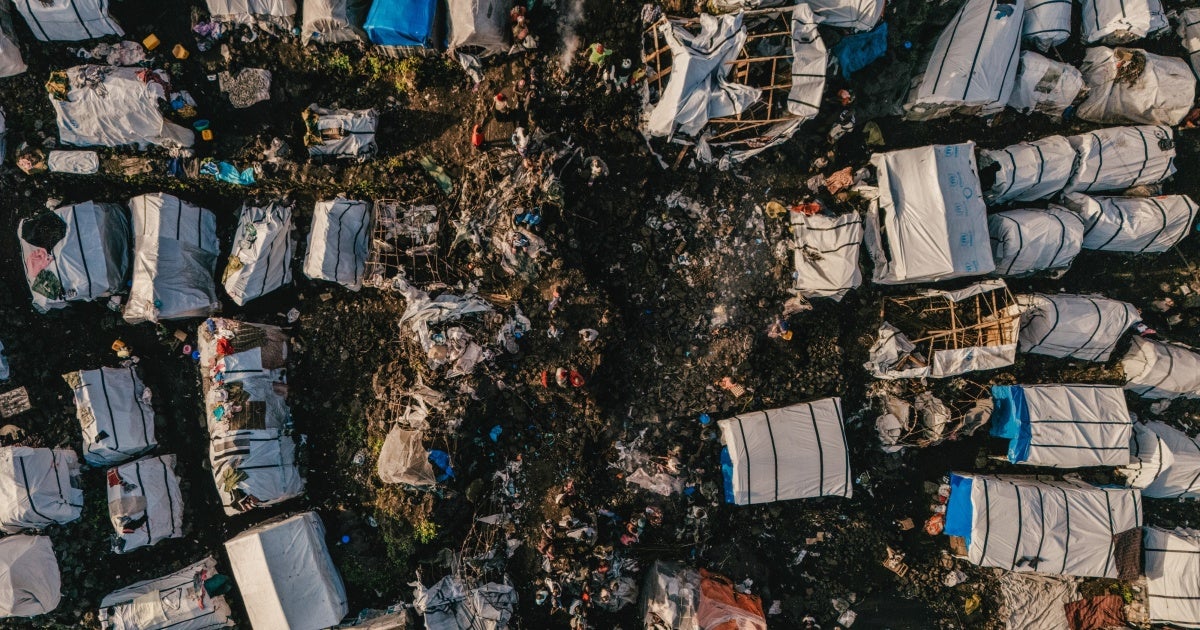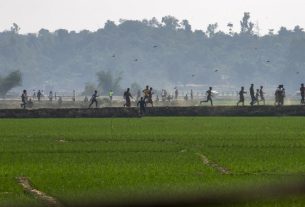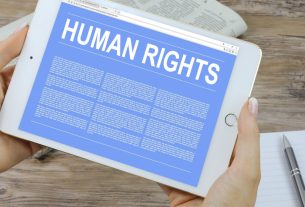On October 14, the International Criminal Court (ICC) prosecutor, Karim A. A. Khan, announced that his office would step up investigative efforts in the Democratic Republic of Congo, focusing in particular on crimes committed in the North Kivu province since January 2022. This action was prompted by the Congolese government’s request to the ICC last year.
The ICC has been investigating serious crimes in Congo since 2004, when the government first asked the court to step in. That investigation led to cases being brought against six suspects, all former armed group leaders. Four individuals were tried for crimes committed in Ituri province in 2002-2003, which resulted in three being convicted and one acquitted. The other two cases, for crimes committed in North Kivu in 2009, never reached trial. Human Rights Watch has repeatedly urged the ICC prosecutor to address not only the responsibility of rebel commanders for grave abuses in eastern Congo over the years, but also alleged crimes by senior government and military officials from Congo, Rwanda, and Uganda.
The renewed investigation could provide an opportunity to address the pervasive lack of accountability and fill the “impunity gap” that fuels grave abuses in North Kivu, Ituri, and elsewhere.
Laws of war violations in the Congo are ongoing and severe. Human Rights Watch has reported atrocities by the M23 armed group, including killings of civilians, gang rapes, looting, and destruction of property. In 2024, the Rwandan army and the M23 indiscriminately shelled displacement camps and other densely populated areas near Goma, North Kivu. The Congolese military and allied militias increased the risk to displaced people by deploying heavy artillery near the camps. Congolese soldiers and allied fighters committed murder, rape and other sexual violence, and arbitrarily detained displaced people.
Khan has committed to investigating all warring parties, despite the government’s request to focus on the M23. ICC member countries should recognize the court’s increased workload and provide the ICC with the support it needs to fulfill its mandate across its docket.
But the ICC is a court of last resort and cannot be expected to do it all. The ICC prosecutor’s statement rightly welcomed the Congolese authorities’ decision to set up a committee to establish a special criminal court for Congo. The creation of an internationalized justice mechanism to complement the work of the ICC and domestic courts is long overdue and will hopefully help fill the impunity gap. The Congolese government should swiftly move this project forward, with the assistance of the ICC and other international partners.



